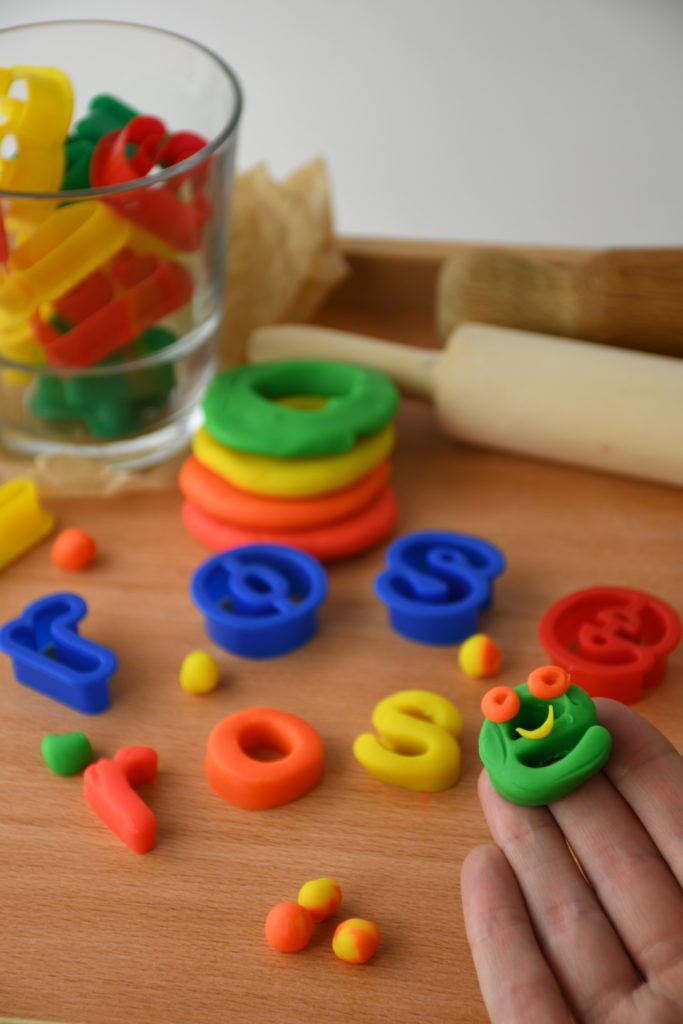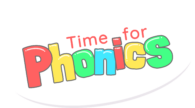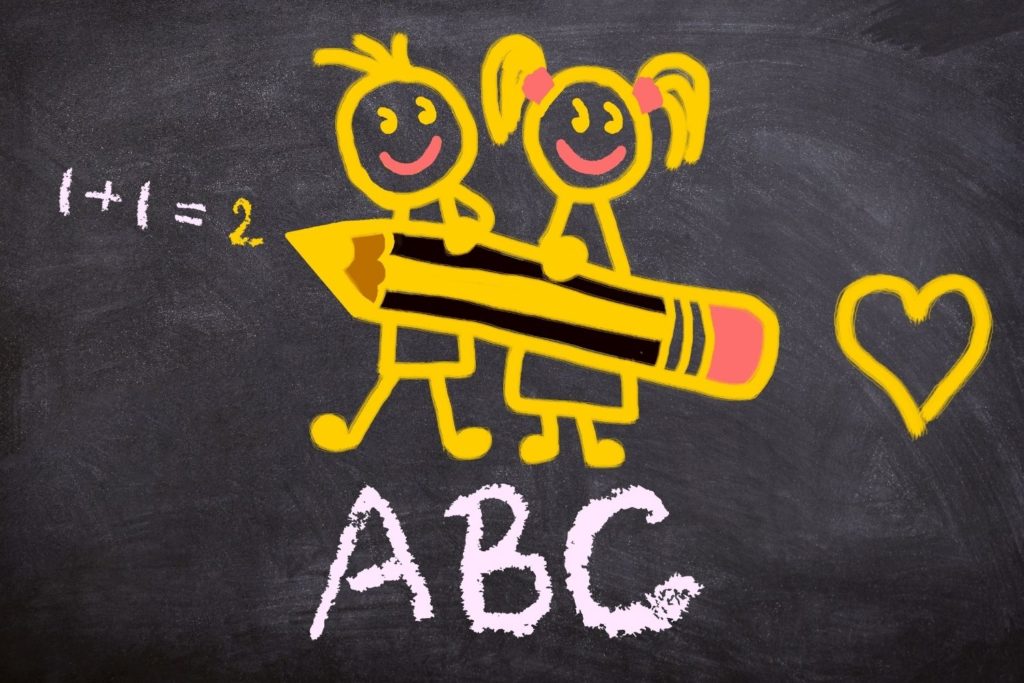As a parent (and a teacher), helping children learn to read is probably quite high on your list of priorities. There are lots of online phonics games that you can play once your child’s reading ability has started to develop, but there are actually lots of things you can do before this stage, to help prepare children for reading – things you can do every single day as part of your daily routine. The best thing is – they’re really easy, and require little to do preparation. Want to know how to help children develop reading skills? Read on!
Help children with pre-reading skills
- Sing songs and say nursery rhymes.
- Read picture books together and talk about the story, asking children to describe what they can see or predict/recall what happens next.
- Help children practise recognising their name.
- Play games with simple instructions like ‘Simon Says’ or ‘I Spy’.
- Read stories and stop to let children fill in missing words, repeated language or rhymes (this can also be done for songs).
- Clap out the sounds and syllables in words.
- Play rhyming games and make up silly rhyming sentences.
- Talk about the initial sound you can hear in words: ‘ssssspider’.
- Begin to help children to sound out words eg. p-o-t = pot.
- Let children see you reading and enjoying it.

Help children develop reading skills
- Play word or letter games like Boggle.
- Discuss the meaning of new words.
- Continue to read to children, letting them read some words in the books and talk about events, characters or settings.
- Encourage children to make predictions about what might happen next in the story, or recall what the story was about if you have read it before.
- Demonstrate how to read in a ‘story voice’, using intonation and expression.
- Let children read two or three letter words by sounding them out.
- Children will be able to recognise letters and know that they have different sounds (and names like in the alphabet).
- Children will start to be able to read two and three letter words by sounding them out and blending the sounds together.
- Children will begin to explore reading in different contexts, eg. signs, labels, menus.
- Children will begin to enjoy reading different types of texts like poems or non-fiction books.
Reading games and activity ideas
- Ask children questions about what they have read.
- Continue to read to children, talking about the meaning of words and the events in the story.
- Play games to increase children’s recognition of common exception and tricky words eg. no, I, to, the, go etc.
- Encourage children to use the picture to decode unfamiliar words.
- Talk about which words make sense in a sentence and suggest new words to change the sentence eg. field or meadow.
- Children will be able to use phonic knowledge to decode regular words.
- Children will be able to read words containing single letter sounds, digraphs (two- letter sounds) and trigraphs (three-letter sounds).
- Children should be able to retell a story that they have read in my own words.
- Children will be able to read and understand a simple sentence.
Fancy trying out our free interactive phonics games? Sign up here!



